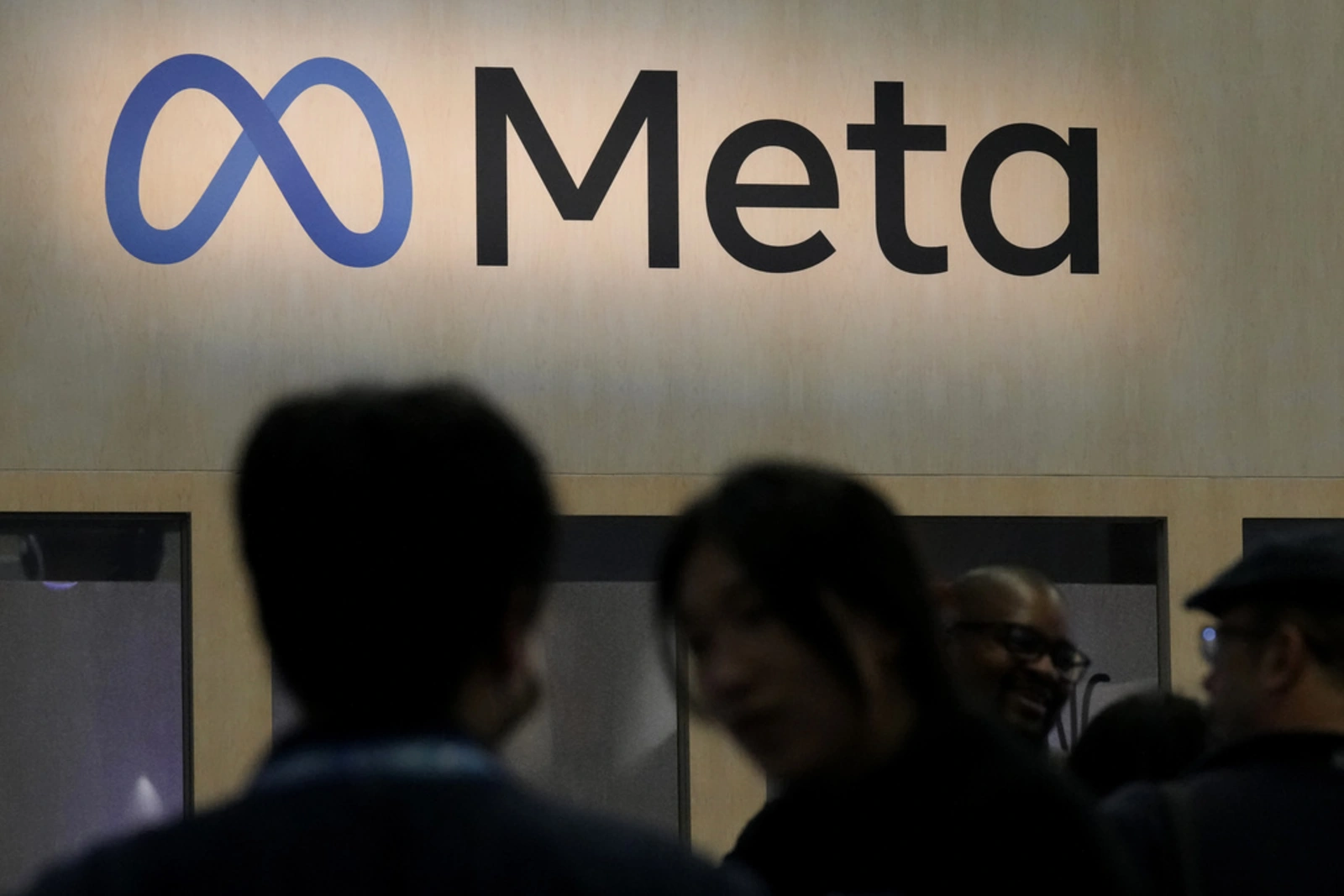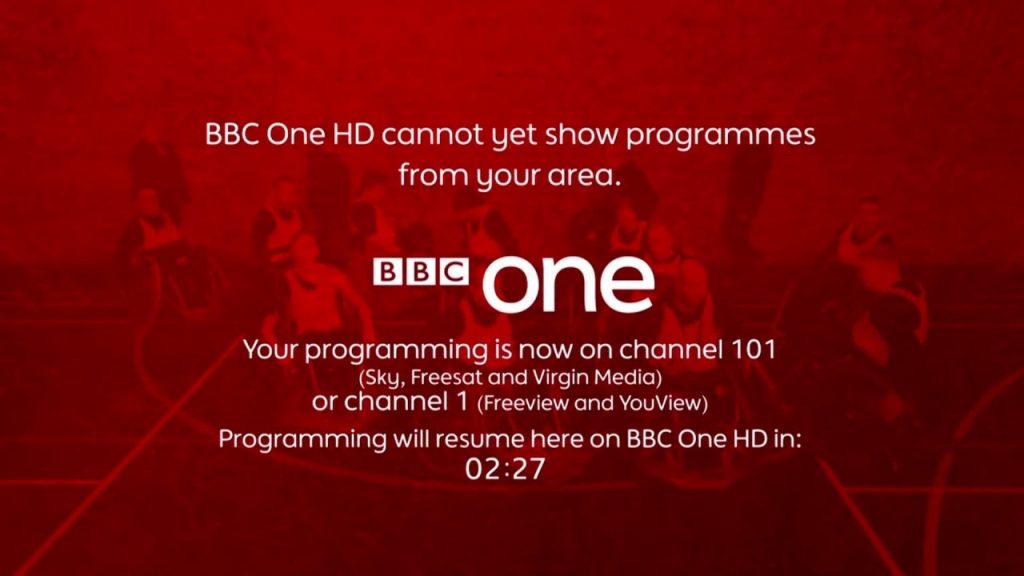Shifting Sands: FTC's Defense In The Meta Monopoly Lawsuit

Table of Contents
The FTC's Core Arguments Against Meta's Monopoly
The FTC's case against Meta rests on three primary pillars: anti-competitive acquisitions, strategic monopolization, and the leveraging of unfair network effects.
Anti-Competitive Acquisitions
The FTC argues that Meta's acquisitions of Instagram and WhatsApp weren't merely shrewd business moves; they were deliberate acts to stifle competition. The FTC contends that these acquisitions prevented the emergence of viable competitors in the social media space, solidifying Meta's dominance.
- Evidence presented by the FTC includes: Internal Meta communications suggesting a proactive strategy to neutralize potential rivals, market share data illustrating a significant reduction in competition following the acquisitions, and expert testimony detailing the competitive landscape before and after these deals.
- Impact: By acquiring these burgeoning platforms, the FTC alleges Meta eliminated potential threats to its market leadership, denying consumers alternative choices and innovation.
Strategic Monopolization
Beyond acquisitions, the FTC claims Meta engaged in a pattern of anti-competitive behavior to maintain its stranglehold on the market. This includes accusations of preferential treatment for Meta products within its ecosystem, hindering the growth of competing apps and services.
- Examples of allegedly anti-competitive behavior: Restricting interoperability between Meta platforms and competitors, making it difficult for rival apps to integrate; prioritizing Meta's own products in search results and algorithmic recommendations; and potentially using its vast data reserves to disadvantage competitors.
- Impact: These actions, the FTC argues, have created significant barriers to entry for new competitors and limited innovation within the social media market, ultimately harming consumers.
Network Effects Argument
A crucial aspect of the FTC's case is its assertion that Meta’s dominance is fueled by unfair network effects. The more users a platform has, the more valuable it becomes, creating a self-reinforcing cycle that makes it extremely difficult for competitors to gain traction.
- Network effects in social media: The value of a social media platform increases exponentially with the number of users; more users attract more users, creating a “winner-takes-all” dynamic. Meta, the FTC argues, leverages this dynamic unfairly.
- Meta's leverage: The FTC points to Meta’s strategic acquisitions and anti-competitive practices as tools to enhance its network effects and solidify its dominance, making it nearly impossible for competitors to reach critical mass.
- Counterarguments and FTC's response: Meta might argue that its market share reflects consumer preference and superior products. The FTC counters by arguing that Meta's anti-competitive actions prevented fair competition, artificially inflating its network effects.
Meta's Counterarguments and Defense Strategies
Meta naturally disputes the FTC's allegations, employing several key defense strategies.
Denial of Anti-Competitive Conduct
Meta vehemently denies engaging in anti-competitive practices. The company argues its acquisitions were pro-competitive, leading to innovation and better services for users.
- Key points from Meta's defense: Claims that acquisitions like Instagram and WhatsApp were beneficial for both platforms and ultimately for consumers; assertions that Meta operates in a highly competitive market with numerous alternatives; and emphasis on the benefits of integration and economies of scale.
- Consumer benefits: Meta's defense highlights improved user experiences, enhanced features, and economies of scale resulting from the acquisitions, claiming these are demonstrably beneficial to consumers.
Innovation and Consumer Choice
Meta positions itself as an innovator, arguing its dominance stems from providing superior products and services that consumers actively choose.
- Examples of Meta's innovations: The development and introduction of new features on Facebook, Instagram, and WhatsApp; the investment in augmented and virtual reality technologies; and the ongoing evolution of its advertising platform.
- Consumer choice and satisfaction: Meta contends that consumers have ample choice in social media platforms and that its market share reflects user preference rather than anti-competitive behavior.
Challenges to the FTC's Evidence
Meta has aggressively challenged the FTC's evidence, questioning its methodologies and interpretations.
- Specific challenges: Disputing the FTC's market definition, arguing it's too narrow and fails to account for the broader competitive landscape; challenging the interpretation of internal communications, portraying them out of context; and questioning the validity of the FTC's economic models used to assess market power.
Potential Outcomes and Implications of the Lawsuit
The FTC Meta Monopoly Lawsuit could have far-reaching consequences.
Structural Remedies
If the FTC prevails, the court could order structural remedies, potentially forcing Meta to divest itself of Instagram and WhatsApp.
- Impact on the competitive landscape: Divestiture would dramatically alter the social media landscape, creating new competitive opportunities and potentially leading to increased innovation.
Behavioral Remedies
Alternatively, the court might impose behavioral remedies, such as restrictions on future acquisitions or mandates for increased interoperability with competitors.
- Effectiveness and drawbacks: Behavioral remedies are often harder to enforce and monitor than structural remedies. Their effectiveness in curbing anti-competitive behavior depends heavily on their design and implementation.
Impact on Future Tech Regulation
Regardless of the outcome, this case will profoundly impact future antitrust enforcement and tech regulation.
- Potential changes: The case could lead to stricter scrutiny of tech mergers and acquisitions, new regulations governing data usage and platform interoperability, and potentially a reassessment of the existing antitrust frameworks in relation to the digital economy.
Conclusion
The FTC Meta Monopoly Lawsuit is a watershed moment. The FTC's case, built on allegations of anti-competitive acquisitions, strategic monopolization, and the exploitation of network effects, faces a robust defense from Meta. The outcome—whether structural or behavioral remedies—will significantly impact future tech regulation and the competitive dynamics of the social media landscape. Staying informed about the developments in the FTC Meta Monopoly Lawsuit is crucial for understanding the evolving power dynamics in the digital world. Closely follow the legal proceedings to stay updated on this landmark case and its implications for the future of tech.

Featured Posts
-
 Saturday Night Lives Signal Leak Spoof Mikey Madisons Role In The Cold Open
May 18, 2025
Saturday Night Lives Signal Leak Spoof Mikey Madisons Role In The Cold Open
May 18, 2025 -
 Mike Trout And Mickey Moniak Homer In Angels Loss To Dodgers
May 18, 2025
Mike Trout And Mickey Moniak Homer In Angels Loss To Dodgers
May 18, 2025 -
 Bbc Three Hd Programming Catch Easy A Now
May 18, 2025
Bbc Three Hd Programming Catch Easy A Now
May 18, 2025 -
 Is Your Home Renovation A Disaster Help From A House Therapist
May 18, 2025
Is Your Home Renovation A Disaster Help From A House Therapist
May 18, 2025 -
 Shifting Sands Ftcs Defense In The Meta Monopoly Lawsuit
May 18, 2025
Shifting Sands Ftcs Defense In The Meta Monopoly Lawsuit
May 18, 2025
Latest Posts
-
 Who Is Stephen Miller Examining His Potential Role As Nsa Director
May 18, 2025
Who Is Stephen Miller Examining His Potential Role As Nsa Director
May 18, 2025 -
 Jersey Mikes Subs A New Sub Shop Coming To Galesburg
May 18, 2025
Jersey Mikes Subs A New Sub Shop Coming To Galesburg
May 18, 2025 -
 Galesburg To Get A New Jersey Mikes Subs Restaurant
May 18, 2025
Galesburg To Get A New Jersey Mikes Subs Restaurant
May 18, 2025 -
 You Toon Caption Contest Booing Bears Reign Supreme
May 18, 2025
You Toon Caption Contest Booing Bears Reign Supreme
May 18, 2025 -
 Galesburg Welcomes Jersey Mikes Subs
May 18, 2025
Galesburg Welcomes Jersey Mikes Subs
May 18, 2025
